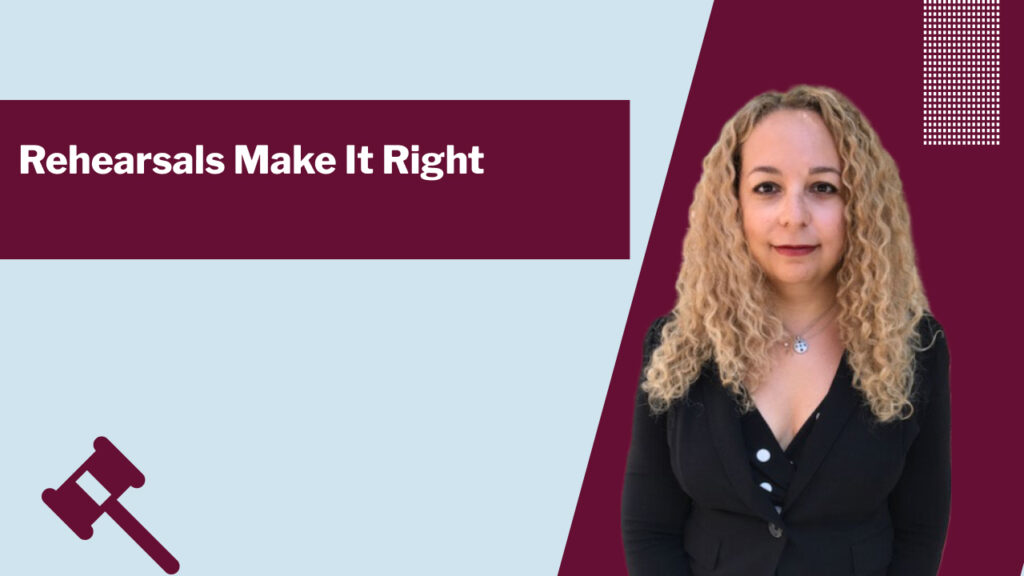
As a non-native English-speaking lawyer, delivering presentations in a language that is not your mother tongue can be a daunting task. However, with careful preparation and practice, you can excel in this aspect of your profession. One crucial step in this process is rehearsing your presentation. In this blog post, we will explore why rehearsing is so important for non-native English-speaking lawyers and provide four actionable tips to help you ace your next presentation.
1. Confidence Boost:
Rehearsing your presentation helps boost your confidence. When you’ve practiced your material multiple times, you become more comfortable with the content and flow of your speech. This confidence will shine through when you present, making it easier for you to maintain composure and control over your delivery. As a non-native English speaker, this confidence is particularly valuable as it can help you overcome anxiety related to language proficiency.
2. Improved Pronunciation and Clarity:
Proper pronunciation and clarity are paramount when presenting legal information. Rehearsing allows you to focus on the correct pronunciation of legal terms and complex vocabulary, reducing the chances of misunderstandings. Moreover, by practicing your speech, you can refine your enunciation and articulation, ensuring that your audience can follow your arguments and ideas clearly.
3. Better Time Management:
Rehearsing helps you gauge the time required for your presentation accurately. Non-native English speakers may need additional time for translation or clarification, and rehearsing allows you to fine-tune your pacing to ensure you stay within your allotted time. This is crucial in maintaining the audience’s engagement and respecting the schedule of a legal proceeding or meeting.
4. Effective Storytelling:
Presentations are not just about conveying information; they’re also about storytelling. Lawyers often need to craft compelling narratives to persuade judges, juries, or clients. Rehearsing your presentation gives you the chance to perfect your storytelling skills, ensuring that your audience remains engaged and understands the legal context and implications of your case or argument.
Now that we’ve established the importance of rehearsing, let’s delve into four actionable tips to help you make the most of your practice sessions:
Tip 1: Record Yourself:
Recording your practice sessions allows you to review and critique your performance objectively. Pay attention to pronunciation, pacing, and body language. This self-assessment will help you identify areas for improvement.
Tip 2: Seek Feedback:
Share your rehearsed presentation with a trusted colleague or language coach. They can provide valuable feedback on your language use, clarity, and delivery, helping you refine your skills further.
Tip 3: Practice with Realistic Conditions:
Simulate the presentation environment as closely as possible during rehearsals. This means using the same equipment, materials, and room setup to get accustomed to the actual conditions you’ll face.
Tip 4: Visualize Success:
Before each rehearsal session, take a moment to visualize yourself confidently delivering your presentation. This positive mental imagery can help boost your confidence and reduce anxiety.
In conclusion, for non-native English-speaking lawyers, rehearsing a presentation is not just a helpful step; it’s a necessity. It builds confidence, improves language proficiency, and enhances overall presentation skills. By following the actionable tips provided, you can ensure that your next presentation is a resounding success, helping you effectively communicate your legal expertise to your audience.